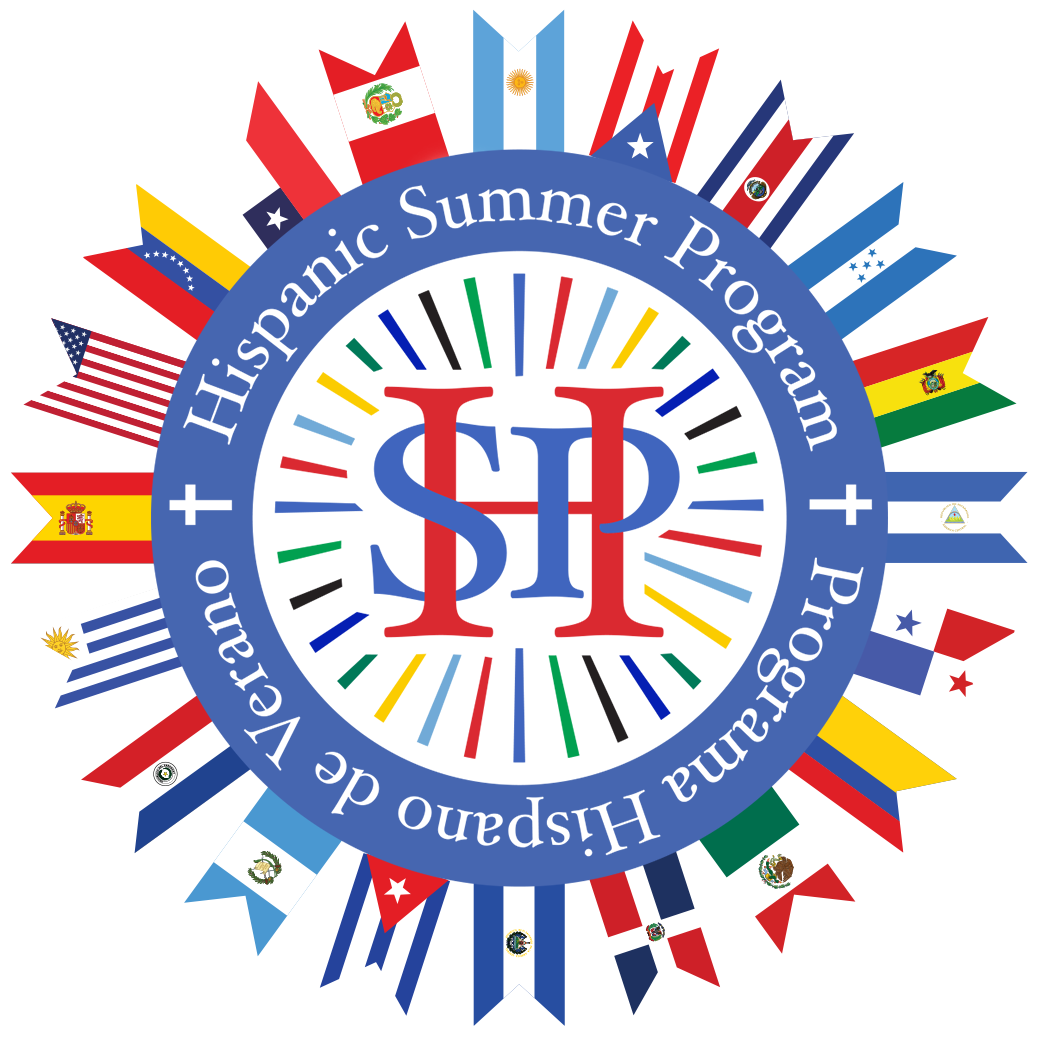By Sam Cruz
As a U.S. Latino scholar of religion I have been concerned for quite some time with the dearth of writing regarding two important issues that impact Latin@ communities. The first issue is that of race and racism in the Caribbean and Latin America, with all of its ramifications in Latin@ communities throughout mostly urban centers in the US. Racism in Latin America and the Caribbean has been very much alive since the independence movement with the inception of the many Latin American and Caribbean nation states. A cursory look at Latin America and the Caribbean clearly shows how blacks, even when numerically the majority of the population, are grossly underrepresented in political and/or economic positions of power. Even in Cuba with all of its claims of human liberation and progressive views, we are hard-pressed to find black Cubans in positions of power. Over 30 years ago Isabelo Zenon Cruz published his seminal book Narciso Descubre su Trasero in which he demolished the myth of no racism in Puerto Rico. Several years later, Samuel Betances also published his excellent article “The Prejudice of No Prejudice,” in which he challenged the notion that Puerto Ricans were exposed for the first time to racism in the United States. Tanya Hernandez, professor of law at Fordham University, recently published a book, Racial Subordination in Latin America, in which she demonstrates the long history of Jim Crow type laws in Latin American jurisprudence. How can such an important issue to Latin@s be ignored? What are some of the ramifications of not dealing with this topic? I believe they are several and multifaceted, including the ramifications of behaving and living as if the destructive powerful sin of racism, that has caused the death and trauma of so many, does not exist. Since all that is black/African descent is relegated to inferior status throughout Latin America and the Caribbean, an environment is created in which black religious practices are demonized, or at a minimum, denied and ignored. We Latin@ scholars of religion should invest more of our scholarly efforts towards acknowledging the value, impact and transformative aspects of the powerful theologies found in the African religious traditions in the Americas. African Religious practices are practiced by millions of our sisters and brothers throughout our communities, and have much to teach us on many levels.
Another realm of issues that seem to be almost non-existent in Latin@ religious scholarship is that of the LGBTQIQ. I have on several occasions searched prominent journals where many of our scholarship as Latin@s is published and have rarely found articles dealing with LGBTQIQ issues. The oppression of the LGBTQIQ community has been one of the pressing issues of our time; how can we, whose theologies focus on liberation themes, ignore such a pressing topic? Interestingly, the overwhelming majority of scholarship on sexuality and gender suggest that Latina/o families have the most fluid gender role assignments, contrary to popular beliefs. In fact, recent research shows that among those who identify as “Democrats,” Latin@s are the most progressive/liberal when it comes to supporting the rights of the LGBTQIQ community as it pertains to work and housing. For example, the position of Latin@s, on the issue of same sex marriage, is statistically equal to that of Euro-Americans. Have we accepted the false and racist notion that Latinos are hyper-homophobic? Have we asked ourselves the question of why the Spanish term for sexism “Machismo” has become the norm to explain sexism and homophobia? Why is it that when we discuss sexism in a Euro-American context it manifests in an ideological discussion, but when referring to Latinos the discussion shifts to one of cultural norms? On the contrary, Latin@s might have something to teach about sexuality and love. Machismo may be a misunderstood idea altogether, which makes an impact on the perceptions of the group as a whole, including views of gender and sexuality. I think it might be time for us to lend scholarly attention in order to more assertively tackle these most important issues.
____________
Rev. Dr. Samuel Cruz is Assistant Professor of Church and Society ay Union Theological Seminary, NYC. Rev. Dr. Cruz has previously taught at Rutgers, the State University, New Brunswick, N.J., in the Latino and Hispanic Caribbean Studies Department. He is the author of Masked Africanisms: Puerto Rican Pentecostalism (2005), and of Christianity and Culture in the City: A Postcolonial Approach (2013). He has published columns on civil rights for El Diario and The New York Daily News, most recently advocating for civil rights for the LGBT community, humane immigration policies, opposing “Stop and Frisk” police practices and critiquing the prison industrial complex. Dr. Cruz has been recently featured in the Stop and Frisk docu-series: “The Pastor”. Rev. Cruz is Senior Pastor of Trinity Lutheran Church in Brooklyn, NY.

